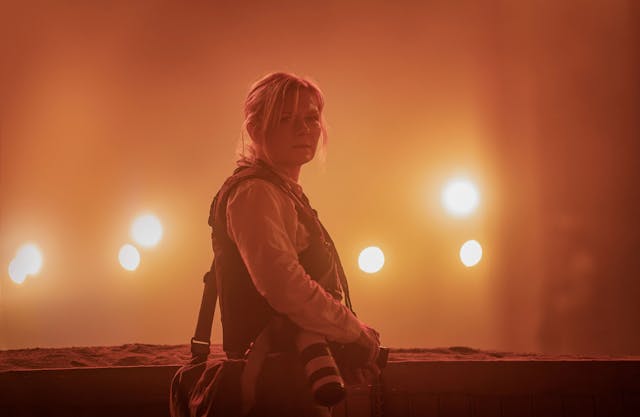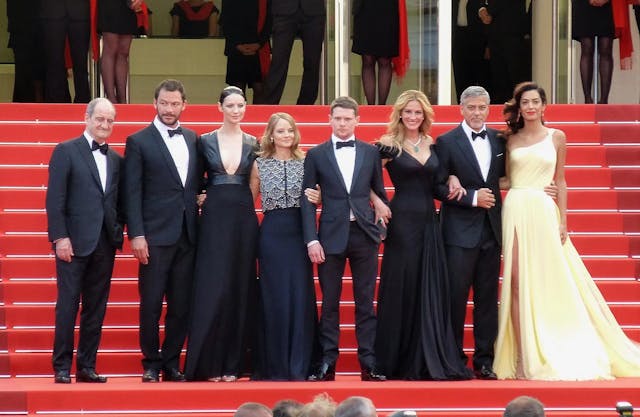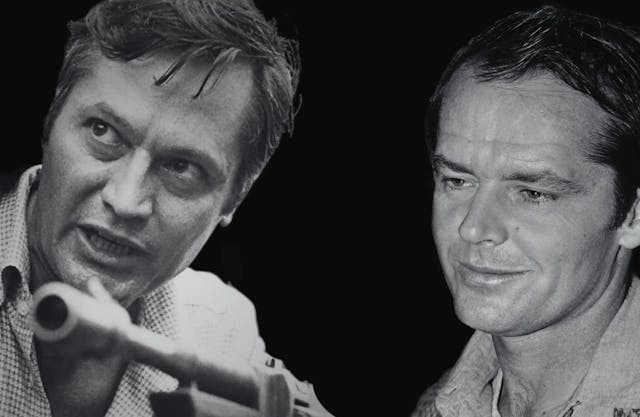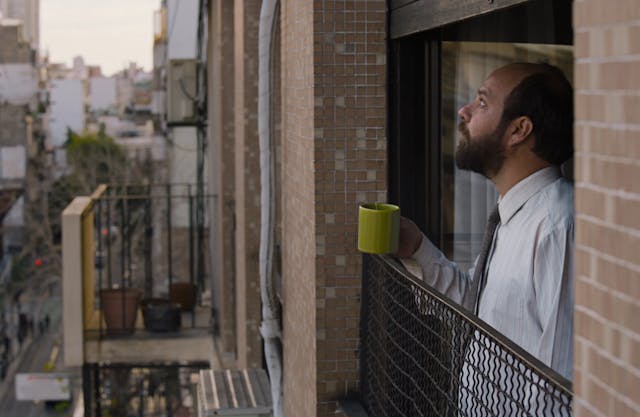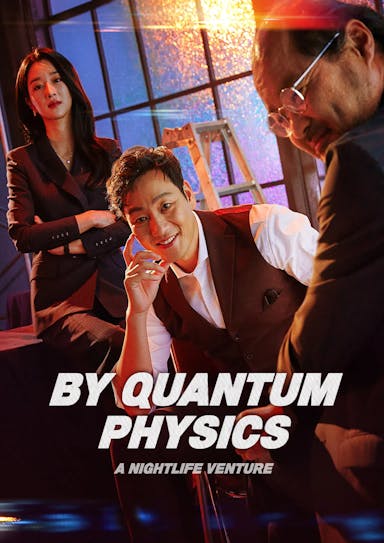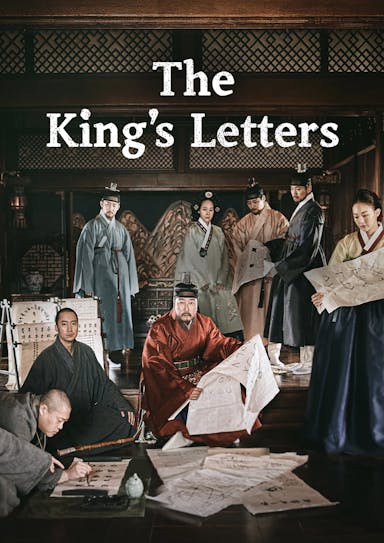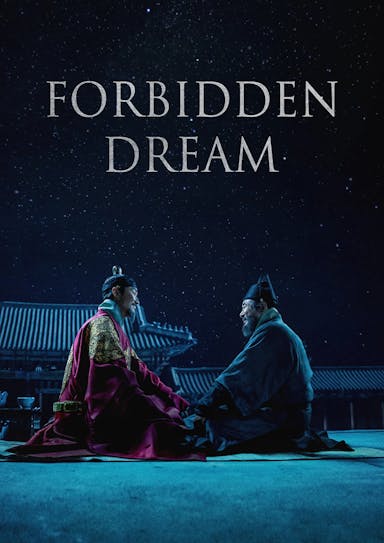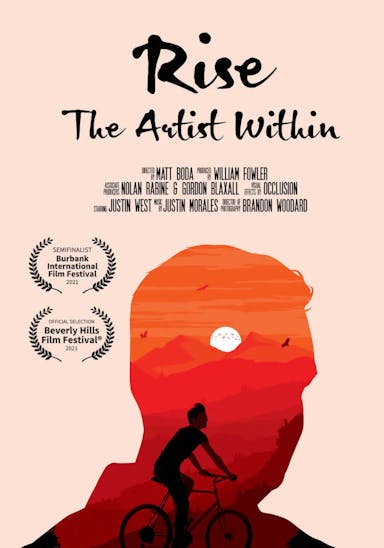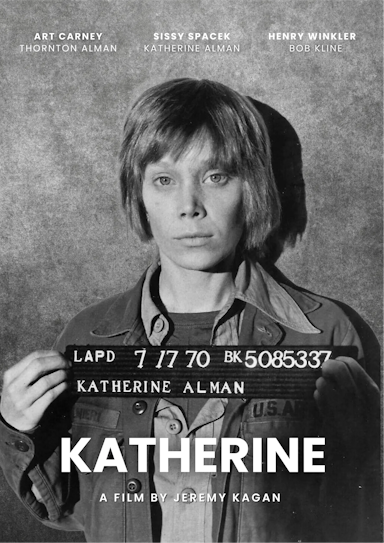Cannes 2024 Winners: Neon Reigns Supreme in the Art House

A girl called "Anora:" Mickey Madison gets a star-making role in Sean Baker's Palm d'Or winning film. / Photo courtesy of Neon.
The Cannes Film Festival closed down with no shortage of surprises in tow. Jury president Greta Gerwig and her cohorts delivered a batch of surprises and snubs. It’s the lay of the land for events like this. The main awards seem to follow the predictions rumbling among critics in the final days: the almost universally praised “Anora,” from American writer-director Sean Baker, took the top prize in an official selection filled with bangers.
The lack of head-scratching choices may be Gerwig’s responsibility. Cannes summoned her to lead in recognition of the massive commercial and critical success of “Barbie,” her latest directorial effort. More significantly, she is also a performer who doesn’t just work in movies but also loves them as an art form. Way before superstardom caught with her, she was a fixture at Manhattan's art houses - on the seats, not just on the screen.

Big screen siren: sure, Gerwig did "Barbie," but we are more impressed by her movie-going habits. / Photo by Starstock©, courtesy of Dreamstime.
One would think this would be the lay of the land, but that is not the case. Remember when Tom Holland revealed he did not know who Pedro Almodovar was, embarrassing Jake Gyllenhaal during a junket? That was funny! -. You bet Gerwig knows one of our best-living filmmakers, and she can also identify the influences of old Hollywood masters in a contemporary movie.
The Palm is a major achievement for director Sean Baker. He first competed in La Croisette with “Red Rocket” (2021), a comedy about a failed adult film actor who returns to his small-town home in Texas to get his life back on track. The movie went empty-handed at the award ceremony, but the second time was the charm. “Anora” puts another sex worker at the center of the action. Mikey Madison is Ani, a stripper hired by a Russian oligarch's son to be his girlfriend for a week. Wackiness ensues.

Newly-minted Palm d'Or winner Sean Baker, with Willem Dafoe, his star on "The Florida Project" (2018). / Photo by Featureflash©, courtesy of Dreamstime.
Throughout his career, Baker has contemplated the travails of sex workers’ lives in a world that treats them as outcasts. Before his Cannes characters, he gave us the trans streetwalkers in the iPhone-filmed “Tangerine” (2015) and the desperate mother turning tricks in the motel she calls home in “The Florida Project” (2017). Besides calling for the vindication of sex work, Baker has a soft spot for the theatrical experience, a cultural manifestation in crises amid the barrage of streaming services and shrinking distribution windows separating big-screen distribution from home video. In that aspect, Baker and Gerwig are kindred spirits.
Besides Baker, the biggest Cannes winner is Neon. Tim League, founder of the theater chain Alamo Drafthouse, segued into film distribution after expanding the Alamo Drafthouse cinemas beyond their Texas homestead. Now, his company has snatched the Palm d’Or-winning film for five years, becoming the most influential U.S. Art House circuit player. “Anora” took the podium following the steps of “Parasite” (Bong Joon Ho, 2019), “Titane” (Julia Ducorneau, 2021), “Triangle of Sadness” (Ruben Ostlund, 2022), and “Anatomy of a Fall” (Justine Triet, 2023). You don't see 2020 in the last because the Festival authorities canceled the event due to the COVID-19 pandemic shutdown. They revealed the list of films accepted but did not name any winners.
The Rest of the Best
The other winners offer a provocative cross-section of world cinephilia and are not above controversy. Check them out.
Grand Prize: “All We Imagine as Light,” Payal Kapadia
Director Payal Kapadia is no stranger to Cannes. In 2021, he won the Golden Eye Award for the experimental narrative documentary “A Night of Knowing Nothing.” This year, he returned with the first Indian film to make it into the Official Selection after 30 years - the last one was “Swaham” (Shaji N. Karum, 1994). Kapadia's first full-fledged fiction film follows two young women sharing an apartment in Mumbai and living opposite love lives: Praha (Kani Kusruti) pines for a husband who migrated to Germany a short time after their arranged marriage took place. Anu (Divya Prabha) is a more modern girl, trying to go all the way with her boyfriend.
Jury Prize: “Emilia Pérez,” Jacques Audiard
Award for Best Actress: Adriana Paz, Zoe Saldana, Karla Sofía Gascón, Selena Gomez “Emilia Perez”
French director Jacques Audiard is no stranger to getting rewarded for crossing cultural fault lines. He won the 2015 Palme for “Dheepan,” a drama about a Sri Lankan guerrilla migrating to Paris. This year, he brought “Emilia Pérez,” following the transformation of “El Manitas,” a Mexican drug lord (Karla Sofía Gascón) who yearns to be a woman, with the help of an ambitious lawyer (Zoe Saldaña). Selena Gomez is the wife that must be left behind. Besides the soap opera-ready drama, there are many musical numbers. The movie gathered good reviews, but the Jury is still out with the trans community. Still, Gascón made history as the first trans person to win an acting award at Cannes. She shares it with three cisgender actresses, but it still is a coup for the history books.
Best Director: Miguel Gomes, “Grand Tour”
Portuguese Art House darling Miguel Gomes returns to the fanciful cosmopolitanism of his international breakthrough “Tabu” (2012). “Grand Tour” follows a jilted bride as she tracks down the man who left her at the altar through a luscious, black-and-white XX Century Asia.
Special Award: Mohammad Rasoulof, “The Seed of the Sacred Fig”
Reminders that reality can be stranger than fiction abound at Cannes, none as powerful as the plight of director Mohammad Rasolouf. The Iranian filmmaker, who was visiting the Festival for the fourth time, announced the event was his first stop into exile after getting sentenced to 8 years in jail by his country’s totalitarian regime for the crime of making movies. It’s a heartbreaking coda for a film that contemplates the Iranian crisis through the domestic drama of a judge whose family life unravels when his gun disappears.
Best Actor: Jesse Plemmons, “Kinds of Kindness”
The home of Kirsten Dunst and Jesse Plemons now has two Cannes-winning actors. She got her palms for “Melancholia” (Lars von Trier, 2011), and now her husband got his own for Yorgos Lanthimos’s latest provocation. “Kinds of Kindness” is a 3-hour long anthology film with its game cast switching roles over three stories centered around a hapless individual, always played by Plemmons. “Poor Things” (2023) alumni Emma Stone, Willem Dafoe, and Margaret Qualley welcome Hong Chau and Joe Alwyn into the fold. Expect alienating, crazy stuff, thanks to Lanthimos returning to work with Efthimis Filippou, the screenwriting collaborator behind his most bizarre movies, from “Dogtooth” (2009) to “The Killing of a Sacred Deer” (2017). You will not have to wait long to indulge. Distributor Searchlight Pictures will release the movie in late June.
Best Screenplay: Coralie Fargeat, “The Substance”
Old master David Cronenberg haunted the Official Selection with the elegiac “The Shrouds,” but any penchant the Jury had for rewarding body horror was satisfied with Coralie Fargeat’s “The Substance.” The movie follows the hallowed Cannes tradition of rescuing stars of the past from relative oblivion. In this case, legendary Rat Packer Demi Moore gets a meaty role as a mature actress in decline, trying to recuperate her youthful looks by consuming a mysterious new beauty product. Reports of gleefully disgusting scenes and echoes of “Death Becomes Her” (Robert Zemeckis, 1992) make this one a not-to-miss sensation. The cast includes Margaret Qualley and Dennis Quaid. It's coming later this year from MUBI.
Camera d’Or: Halfan Ullmann Tondel, “Armand”
Add another movie to the long tradition of parental dramas growing out of fraught relationships between children. Renate Reinsve (winner of Best Actress at Cannes 2021 for “The Worst Person in the World”) plays a single mother summoned to school to meet with the parents of a kid involved in a violent incident with her 6-year-old kid. That can’t be good! The plot may bring to mind claustrophobic dramas like “Carnage” (Roman Polanski, 2011), but the biggest selling point here is, besides the lead actress, the feature-film directorial debut of Halfdan Ullman Tøndel, son of legendary power couple Ingmar Bergman and Liv Ullman. Hey, nepotism is OK if the scion has talent.
Camera d’Or, Special Mention: Wei Liang Chiang and You Qiao Yin, “Mongrel”
After ten years and eight award-winning short films, director Wei Jiang Chiang joined forces with newcomer You Liao Yon to make this hard-hitting drama about a little-explored chapter of migrant work exploitation: that of South Asian men and women desperately looking for work in more affluent neighboring countries. That’s why Oom (Wanlop Runkumjad) arrives in Taiwan to care for a disabled man and his elderly mother. The cultural closeness makes the blows hit harder.
Short Film Palme d’Or: Nebojsa Slijepcevic, “The Man Who Could Not Remain Silent”
In war-torn Serbia, a group of paramilitary stops a civilian train aiming to execute undocumented passengers - that is code for "Muslims." A retired soldier (Dragan Micanovic) faces a moral dilemma when a cabin companion confesses that he has no papers to protect him.
Special mention for Short Film: Daniel Soares’ “Bad for a Moment”
Another award for Portugal! Daniel Soares’ eighth short film is a dark comedy about the workers of an architecture firm who get more than what they bargained for when they visit the poor neighborhood they are gentrifying for a misguided team-building event.
Want to get an email when we publish new content?
Subscribe today